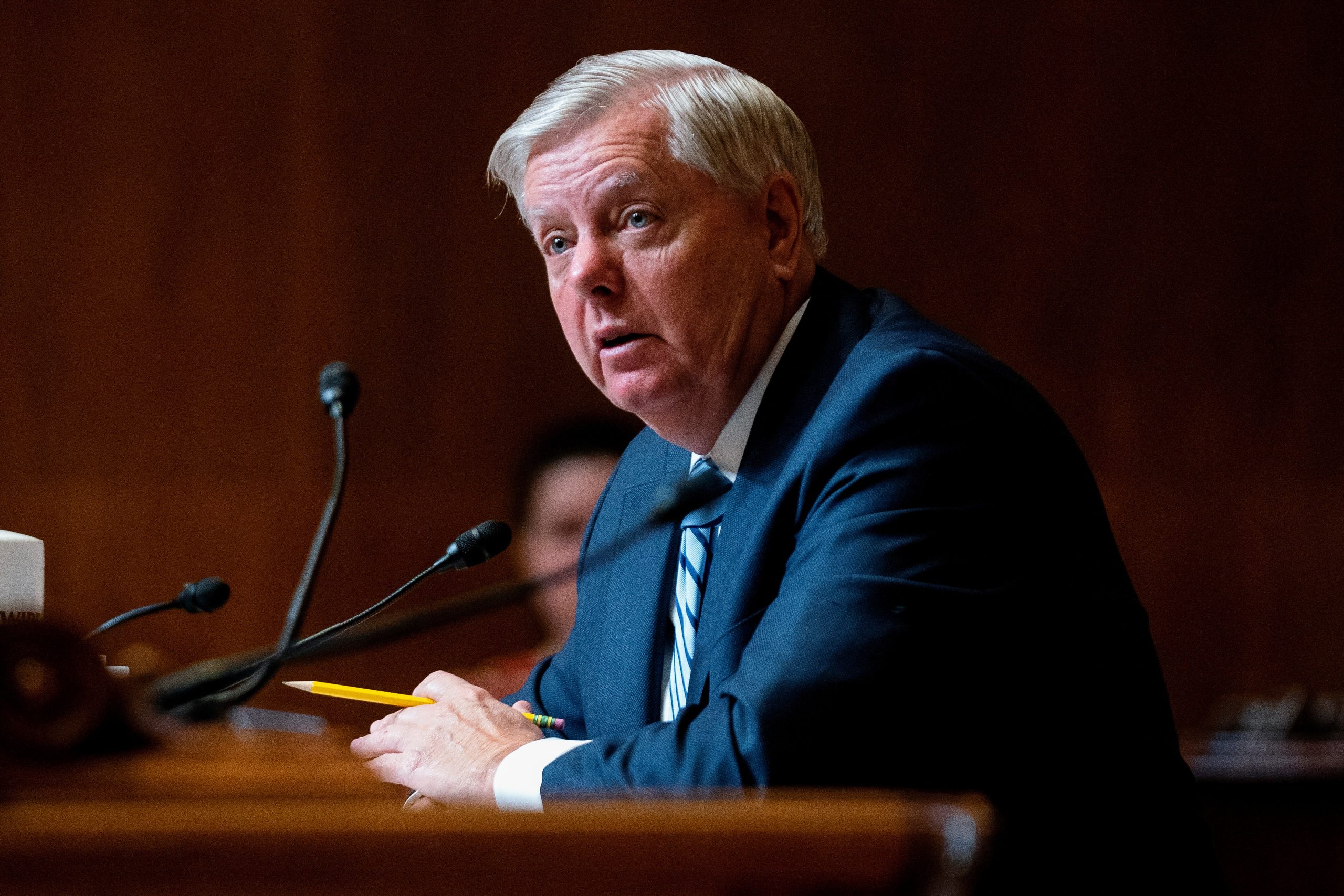
[elfsight_social_share_buttons id=”1″]
A group of Republican U.S. senators led by Lindsey Graham on Monday proposed legislation to raise the mandatory commercial pilot retirement age to 67 from 65, in a bid to address an airline industry crunch fueled by rising demand and staff shortages.
The proposal, which would require pilots over the age of 65 to maintain a first-class medical certification that must be renewed every six months, follows complaints of significant pilot shortages by many regional airlines.
Graham said the proposal would help address travel snarls occurring in the United States. Travelers have faced widespread flight delays and cancellations this summer as airlines struggle to cope with rising travel demand with workforces thinned out by the departure of many employees during the COVID pandemic.
The Air Line Pilots Association (ALPA), however, said in May that it opposed any attempts to increase the retirement age for professional airline pilots.
“There is no reason to change the retirement age today and doing so would only increase costs for airlines as well as introduce unnecessary risks to passengers and crew alike,” ALPA President Joe DePete said at that time.
Speaking at a news conference in South Carolina, Graham said 14,000 pilots would be forced to retire over the next four years. “It’s time for America to adjust its age when it comes to allowing qualified people to be in the cockpit,” he said.
Graham noted that in 2007 the United States raised the mandatory retirement age from 60 to 65, and “the sky did not fall.”
Even if the proposal is approved, the union said pilots older than 65 would still not be able to fly in most countries outside the United States because of international rules.
Republican Senators John Thune, Deb Fischer, Chuck Grassley, Cynthia Lummis, and Marsha Blackburn also are co-sponsors of the proposal.
Transportation Secretary Pete Buttigieg has not come out in favor of the hike in pilots’ retirement age, and he told Fox News earlier this month that the regulation is in place “for safety reasons. I haven’t seen any piece of information or data that would suggest that the reasoning has changed.”
A couple of small airlines have asked federal regulators to waive some pilot training requirements.
Copyright 2022 Thomson/Reuters
